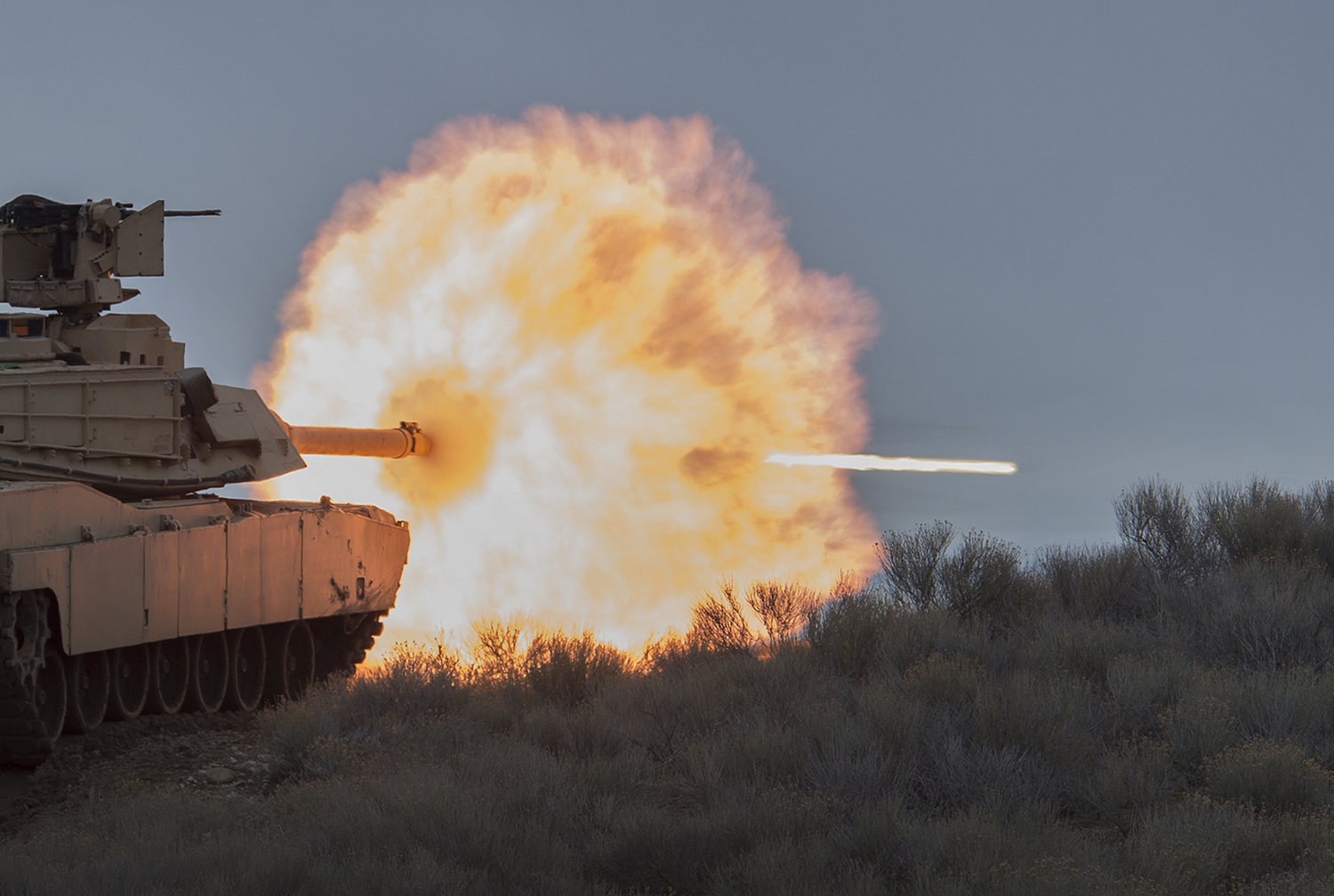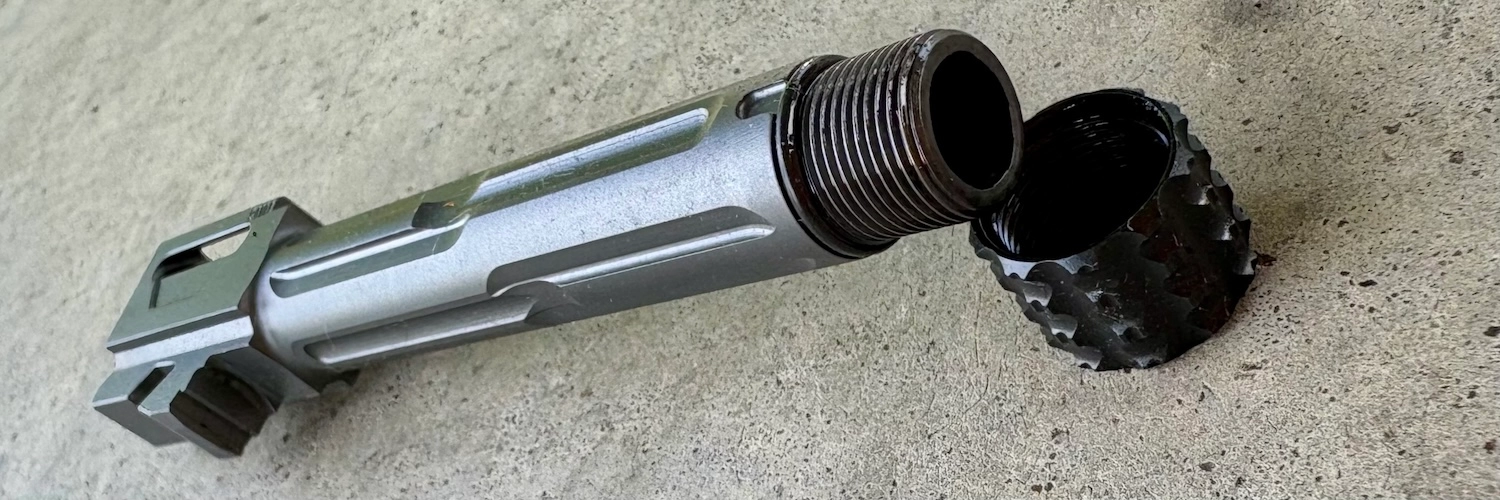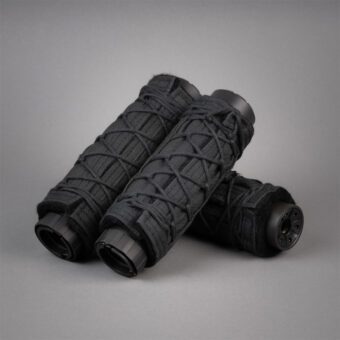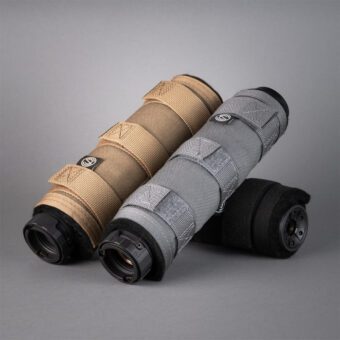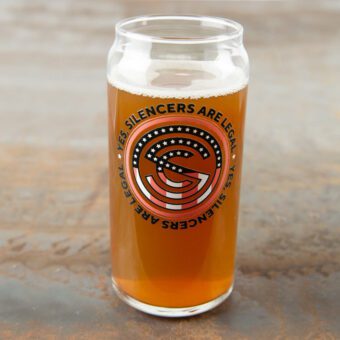North Carolina Suppressor Laws
David Higginbotham
Suppressor ownership is legal in 42 of the 50 states, and North Carolina—now leaning steadily toward a Republican majority—is one of them. In fact, the state has even lifted restrictions on hunting with suppressors in the last decade.
North Carolina follows the current national model for suppressor ownership, allowing individuals, trusts, and corporations to operate within a very well-established and tested regulatory framework.
And as North Carolina exists in a neighborhood of firearms-friendly states, it is worth noting that the state also respects commonly accepted “peaceable journey” laws. If you are passing through, you won’t face any additional state level laws that might put you in jeopardy.
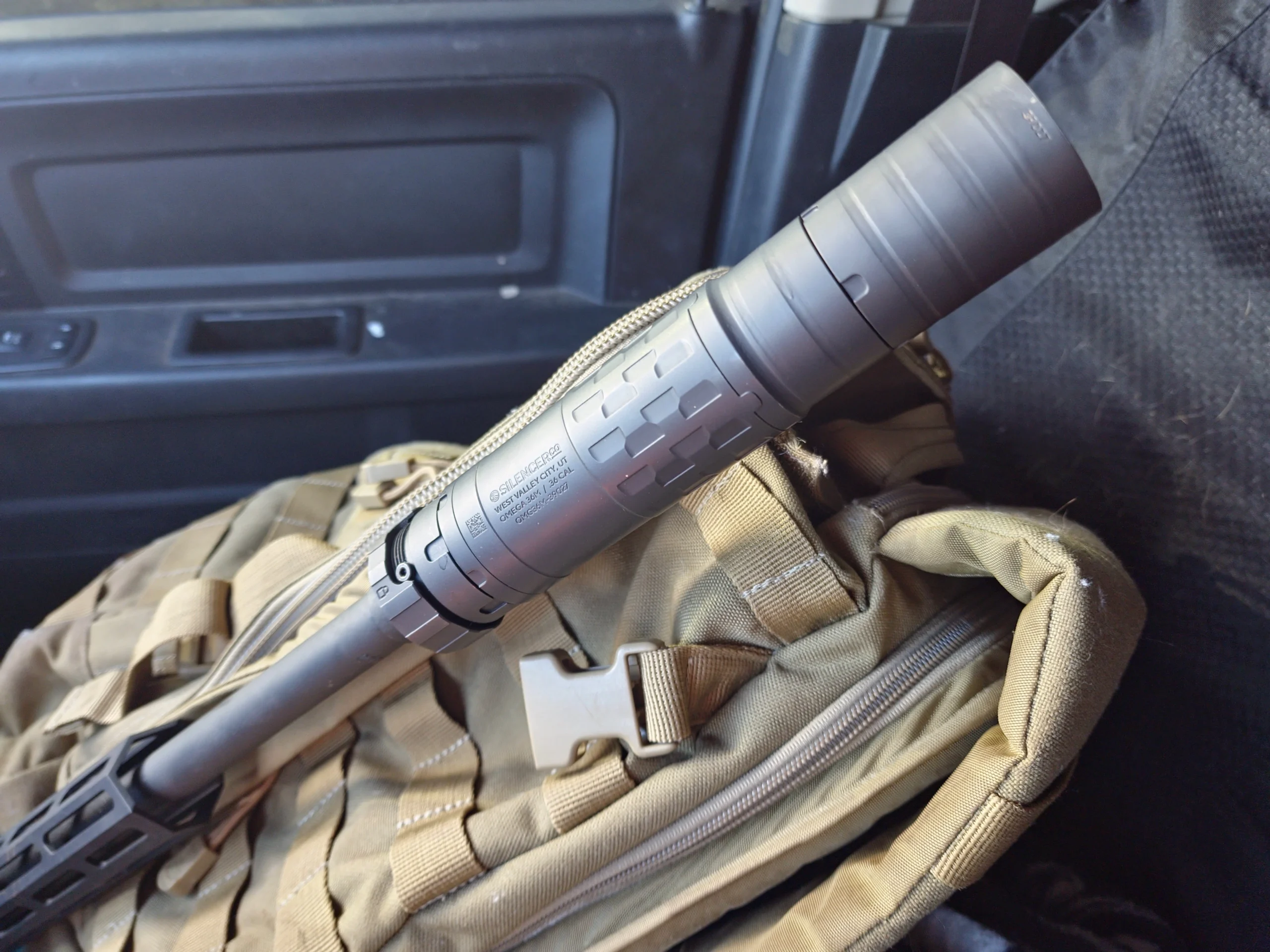
The Fine Print
For those who, like me, appreciate seeing the exact language, here’s the relevant statute: N.C. Gen. Stat. § 14-288.8(c)(3). This section confirms that it’s legal to own or possess a suppressor if you’re “in compliance with 26 U.S.C. Chapter 53, §§ 5801–5871.”
This statute—§ 14-288.8—deals with the “[m]anufacture, assembly, possession, storage, transportation, sale, purchase, delivery, or acquisition of weapon of mass death and destruction; exceptions.”
Section C outlines some definitions and includes this notable point:
“The term ‘weapon of mass death and destruction’ includes:
[…]
(3) Any firearm capable of fully automatic fire, any shotgun with a barrel or barrels of less than 18 inches in length or an overall length of less than 26 inches, any rifle with a barrel or barrels of less than 16 inches in length or an overall length of less than 26 inches, any muffler or silencer for any firearm, whether or not such firearm is included within this definition. […]”
It is interesting how they specifically mention short-barreled rifles and shotguns, machine guns, and silencers—then quickly note that mufflers and silencers are restricted regardless of what type of guns they’re used with.
Still, as the statute makes clear, North Carolina follows the standard of the National Firearms Act (NFA) to the letter.
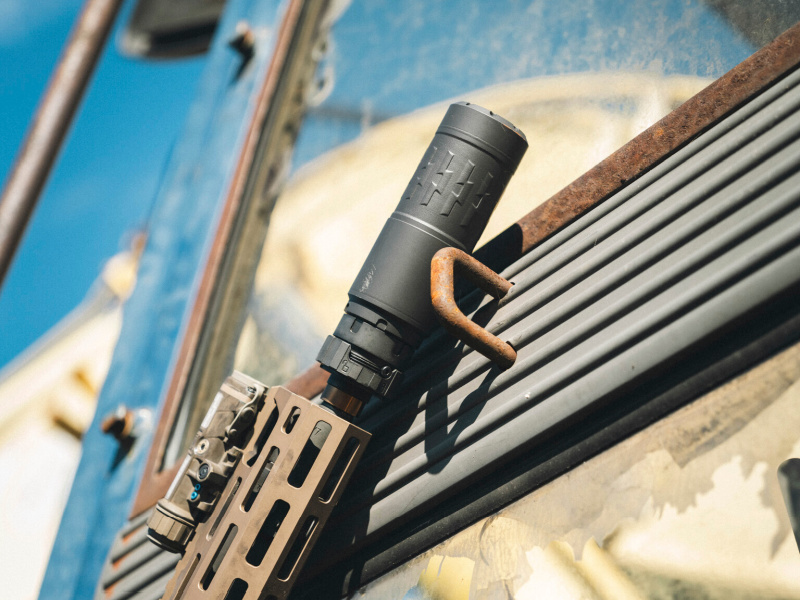
Hunting With Suppressors in North Carolina
Let’s step away from the block quotes for a minute and talk about the hunting opportunities provided by the diversity of game in North Carolina. The Appalachians are a great place to hunt black bear and whitetail. The Piedmont is overrun with hogs. The entire state is a great place to varmint hunt. For those who like to hunt, North Carolina is a paradise.
And, since restrictions were lifted in 2020, the state has joined the growing list of places where hunting suppressed is legal.
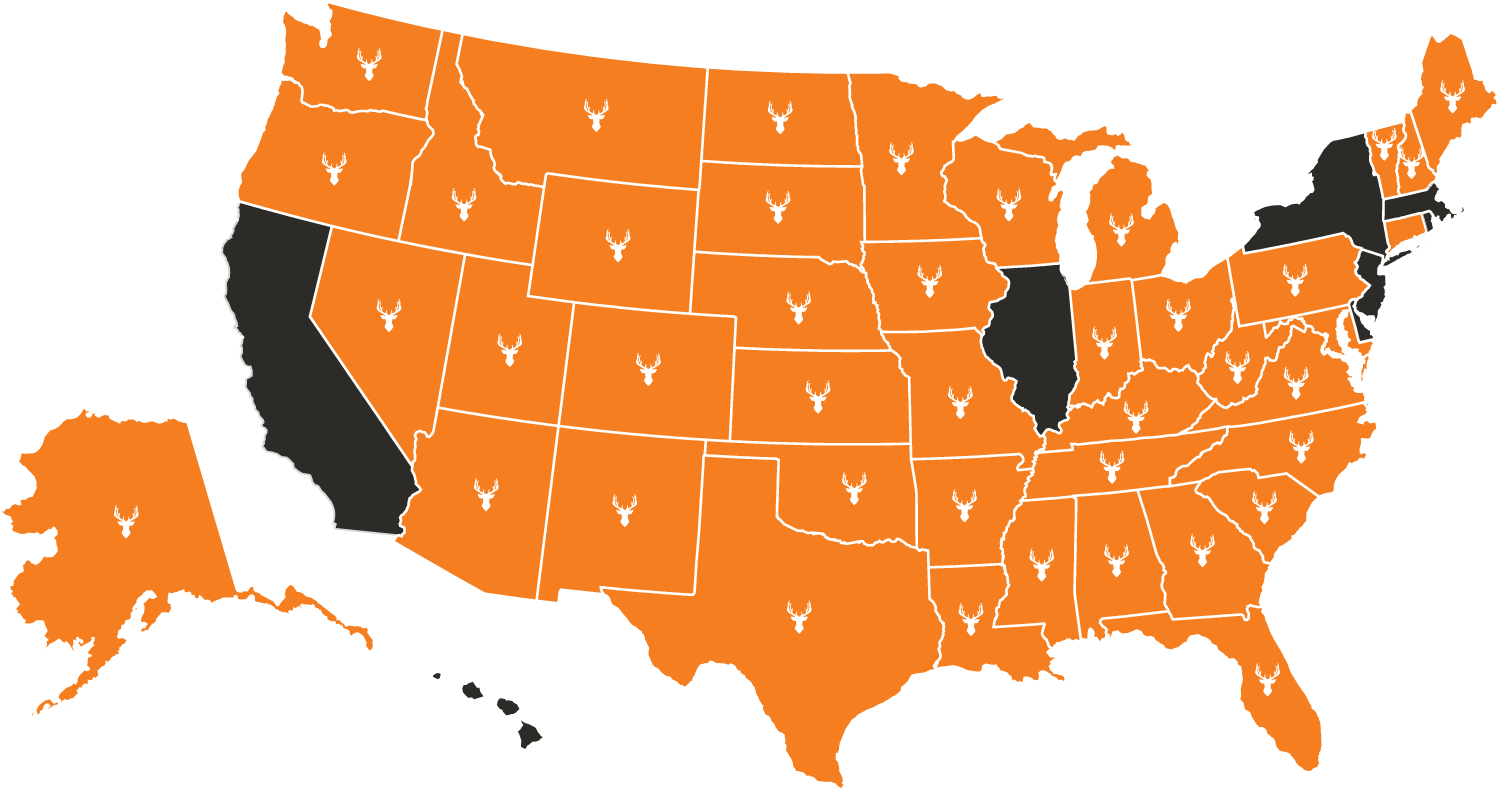
N.C. Gen. Stat §113-291.1(c)(2) outlines the rules.
“(c) It is a Class 1 misdemeanor for any person taking wildlife to have in his possession any:
[…]
(2) Weapon of mass death and destruction as defined in G.S. 14‑288.8, other than a suppressor or other device designed to muffle or minimize the report of a firearm or short‑barreled rifle that is lawfully possessed by a person in compliance with 26 U.S.C. Chapter 53 §§ 5801‑5871.”
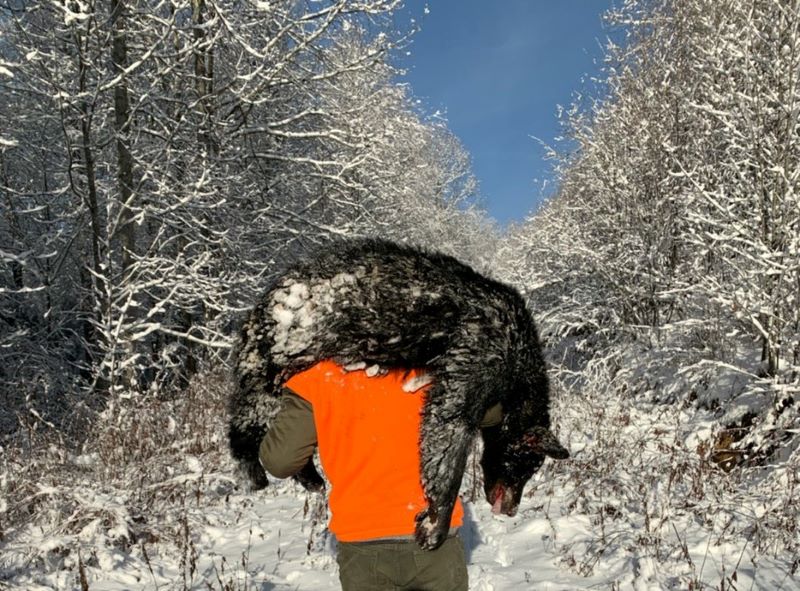
General Firearm Regulations in North Carolina
Whether you live in or plan to hunt in any given state, understanding the cultural views and legal approach to firearms can make everything much easier. North Carolina is no exception.
The state has deep roots in the American South, and its laws reflect that heritage. As you’d expect, the rules on gun ownership can be traced all the way back to North Carolina’s roots as a state.
Article I, section 30 of the North Carolina Constitution states:
“A well regulated militia being necessary to the security of a free State, the right of the people to keep and bear arms shall not be infringed; and, as standing armies in time of peace are dangerous to liberty, they shall not be maintained, and the military shall be kept under strict subordination to, and governed by, the civil power. Nothing herein shall justify the practice of carrying concealed weapons, or prevent the General Assembly from enacting penal statutes against that practice.”
The language is clear enough. Well-regulated militias are a good thing. Standing armies, not so much. And as for concealed carry? That was once viewed with deep suspicion. More on that one in a moment….
The state’s judiciary has also weighed in. In State v. Huntley (1843), the North Carolina Supreme Court ruled, in part:
“For any lawful purpose—either of business or amusement—the citizen is at perfect liberty to carry his gun. It is the wicked purpose, and the mischievous result, which essentially constitute the crime.”
If only everyone could recognize the wisdom of this single sentiment. A gun is just a tool; you decide how you use your tools.
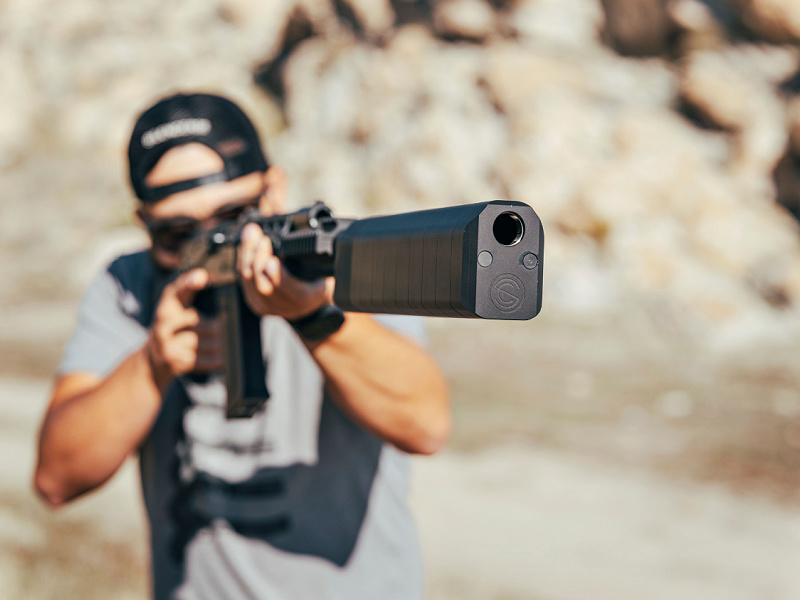
Does Concealed Carry Foreshadow Suppressor Acceptance?
Let’s circle back to that line in the Constitution about concealed carry. I’m hardly surprised to see such language codified in North Carolina’s Constitution, but I am beginning to see a trend.
Historically, suppressors and concealed carry shared similar stigma, and North Carolina is no exception. But over time, the state has moved toward common-sense regulation of concealed carry—clarifying who can carry, and where without the stigma.
What stigma? I hear you ask. What’s wrong with law abiding citizens being prepared to use a firearm (or any tool for that matter) in the lawful defense of themselves or others?
This far into the 21st Century, many of us recognize this right. It feels inalienable. I find it incomprehensible that attitudes 100 years ago would have been different. If anything, in a state like North Carolina where subsistence hunting and farming and ranching are and were so dominant, I would have expected to see more guns, with widespread public acceptance of guns as everyday tools, not as weapons.
But much of the literature casts shadows on North Carolinians’ motives when carrying concealed—as if the need to conceal a gun implies something shady is taking place. And it is precisely this that led us to the Gun Control Act (GCA) of 1934 where suppressors became a matter for Federal regulation.
While it isn’t stated in the NFA or GCA, the implication was that suppressors muffle gunshots, and therefore help conceal crime. That leap—from quieter shooting to criminal intent—is what gave suppressors their “assassin’s tool” reputation.
But that reputation never quite aligned with reality. It doesn’t take much critical thought to recognize the many lawful, practical uses for suppressors—hunting, hearing protection, and safer shooting environments among them.
And, at the time of writing, this argument—as it has with concealed carry—is beginning to get the due consideration it deserves.
The Hearing Protection Act: Where Things Stand
The Hearing Protection Act has been circulating in Congress for over a decade, and is currently working its way up the legislative chain.
The Hearing Protection Act has been circulating in Congress for over a decade. Originally introduced in 2015 with just three North Carolina cosponsors, that number grew to nine by 2017. In 2021, it was reintroduced by U.S. Senator Thom Tillis of North Carolina.
It was introduced again in 2025, but its fate remains to be seen.

Back to North Carolina
One final note worth mentioning North Carolina has a “Duty to Inform” law. This is simple enough to understand—if you have an encounter with law enforcement, like a traffic stop, you are required to inform the officer if you are armed or traveling with firearms.
While I have always understood this practice to stem from concealed carry, I play it safe and use a phrase like “I’m traveling with a firearm,” as a general best practice. I’ll often hand my concealed carry permit to an officer with my driver’s license, too—just to be extra safe.
None of this should be interpreted as legal advice—state laws evolve, and how they are enforced can vary by jurisdiction. The decision to inform, ultimately, may be up to you. And it’s not without controversy. Many feel no obligation to inform anyone of anything, much less a duty to do so.


